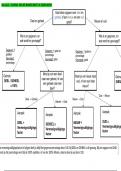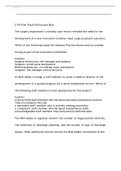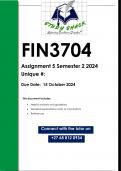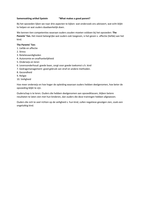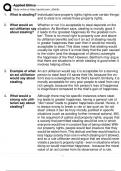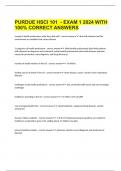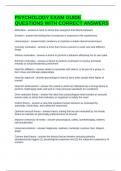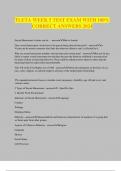Samenvatting
Culture & Institutions Summary (lectures & articles)
This document highlights the articles and lectures of the masters course Culture & Institutions at the Radboud University. Each article consists of a list of definitions, results, and implications of the article. This summary gave me a good grade --> 8 Good luck
[Meer zien]





